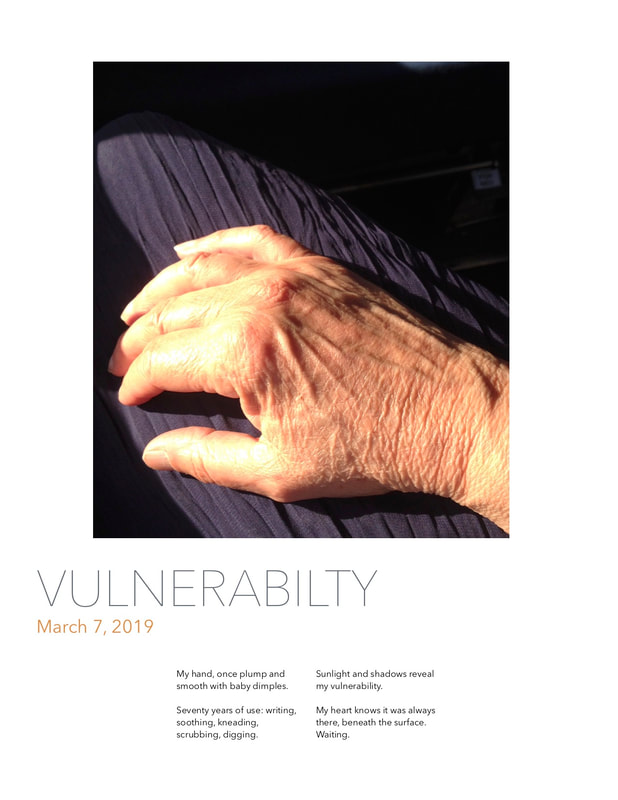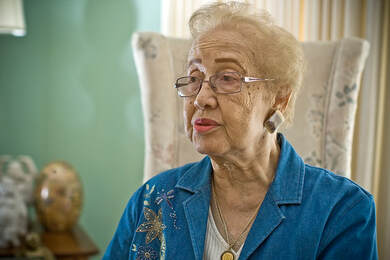|
A long time ago (sometime in the 1980s), I gave a paper at a regional Costume Society of America meeting. I can't remember the topic, and it isn't even listed on my CV. Only one thing stands out in my memory: I was introduced by Richard Martin, at that time one of the brightest stars in the fashion studies firmament. Only one year my senior, Richard was an established curator and scholar, producing several blockbuster exhibits a year at the Fashion Institute of Technology. He had graduated from college the same year I graduated from high school, and earned two master's degrees while I was still waiting tables. In short, he was brilliant. He was also gracious and generous; there are many "stars" in academic fields who are willing to lower themselves to occasional brief appearances at conferences, where they hang out with the other stars and ignore everyone else. Richard was not that person. So it was that Richard Martin (THE Richard Martin) was at a regional meeting presiding over a session of papers by junior scholars and graduate students. I was probably the most senior presenter, but still an assistant professor; my very first article about boys' clothing and gender had just been published in Dress. And he introduced me not just with a list of my degrees and positions, but a description of my work. WHICH HE CLEARLY HAD READ. And he called me an iconoclast. On my secret, imaginary business cards ever since, is the line "Richard Martin called me an iconoclast". Yesterday I got this message via Linkedin from Rob Smith, founder of The Phluid Project, a gender-free store in New York. Greetings! So: iconoclast icon? Iconic iconoclast? I think what it means is "don't stop". So I won't!
0 Comments
I have been writing less these days because mostly I am doing research, either for my next book or for a series of church history articles for my congregation's newsletter. So poor "Everything Else" has been sadly neglected. This little lagniappe will have to do for now. On page 224 of The New Seventeen Book of Etiquette and Young Living (1970), in the chapter about manners on the working world, author Enid Haupt lists a range of exciting career opportunities now open to women, especially in science and engineering. She offers this anecdote: A young career girl barely out of college, with a brilliant bent for math, helps bring astronauts back from the moon through computer calculations at a space center. I doubt that Haupt was making up that story; as Seventeen's publisher and the author of a regular column in the magazine, she must have known about the "computers" at NASA - women hired to do the extensive complex calculations that made space exploration possible. As we know from the Hollywood film "Hidden Figures", many of these women were African American. In fact, the "computer" who performed the trajectory calculations that assisted the 1969 moon landing was Katherine Johnson, played by Taraji P. Henson in the film. Knowing this, I could not help but wonder why Haupt had "hidden" her race? Why depict her in the anecdote simply as "a young career girl"? Haupt does not completely ignore race in her 321-page book. Chapter 5, "Pride and Prejudice", devotes its entire three pages to racial and religious discrimination, and it is a reminder of the cultural environment that shaped today's older adults, especially the white women who were Seventeen's predominant readers. Her points:
Perhaps like Katherine Johnson became an outstanding mathematician, only to be rendered invisible 200 pages later. I can't imagine that many of Haupt's white readers in 1970 would argue with her advice. Speaking for myself, in the first part of the chapter, she pretty much describes how I was "taught" to deal with difference. Prejudice was a personal flaw to be addressed in the same way as poor posture, through individual effort. The Civil Rights Act and the Voting Rights Act had eliminated the "big issues", and all that remained was a bit of attitude adjustment. People just needed to be more open-minded, and some people needed to get that chip off their shoulder. By now we should know better.
ETA: The phrase "politics of respectability" seems appropriate to what I am finding in etiquette books. |
Archives
January 2023
Categories
All
|


 RSS Feed
RSS Feed